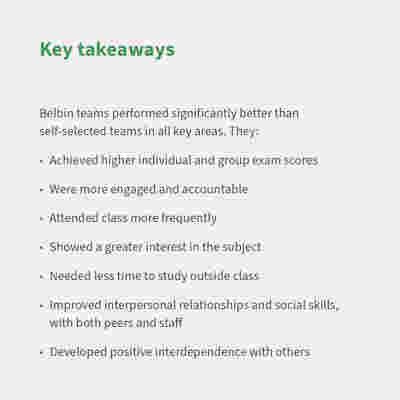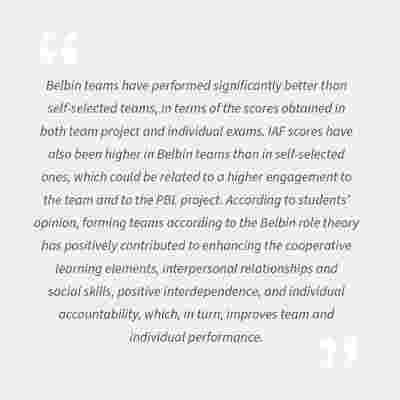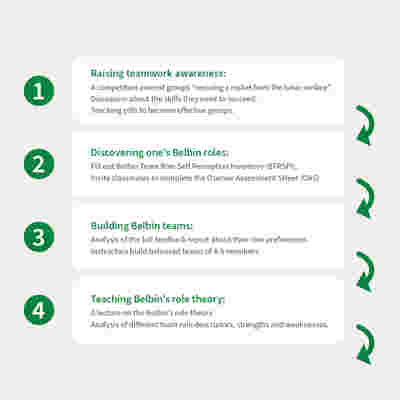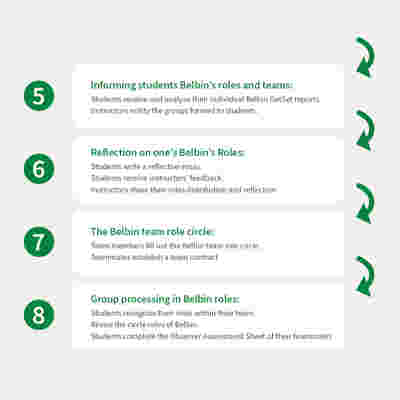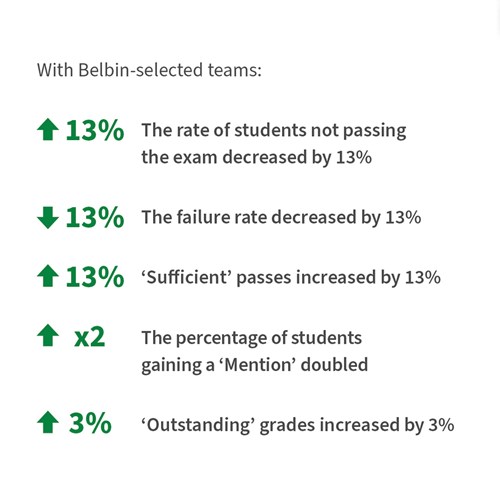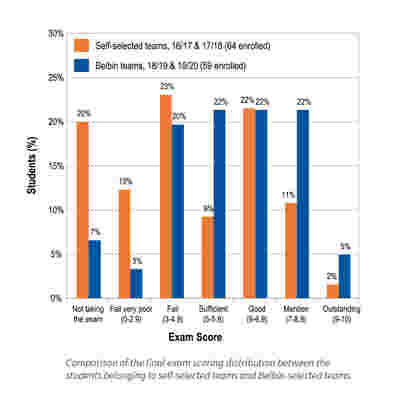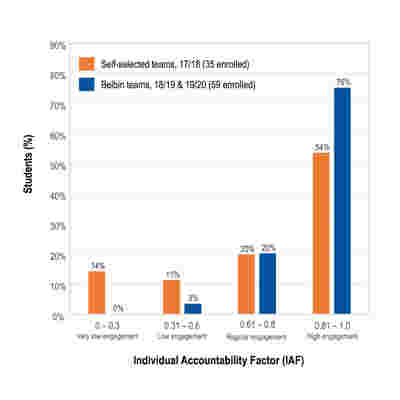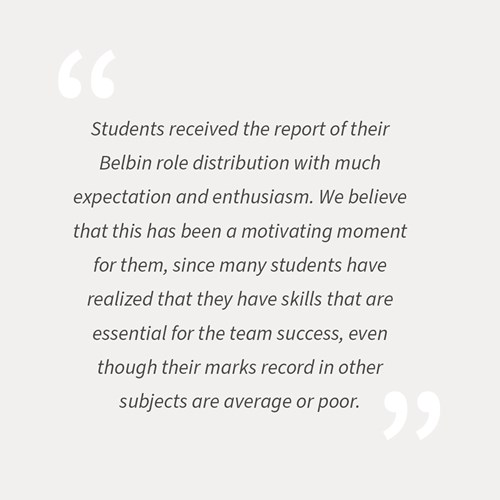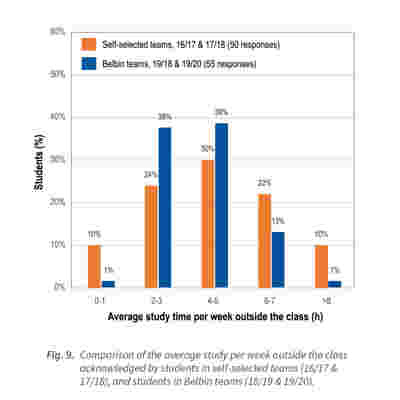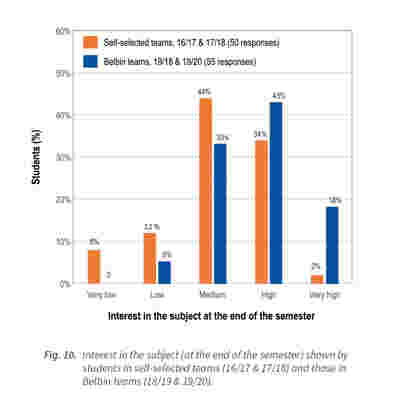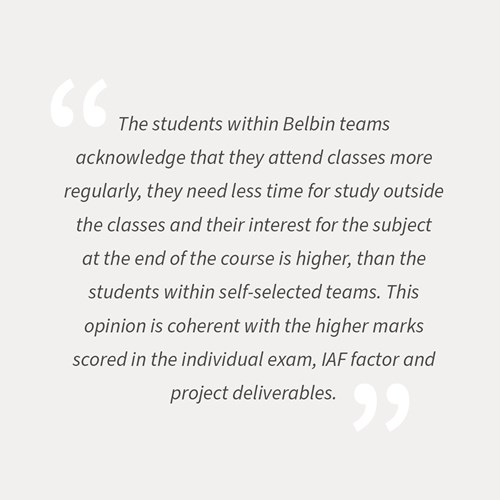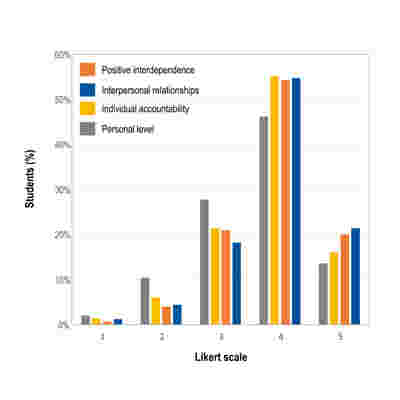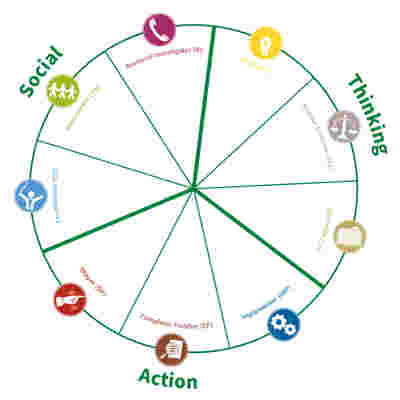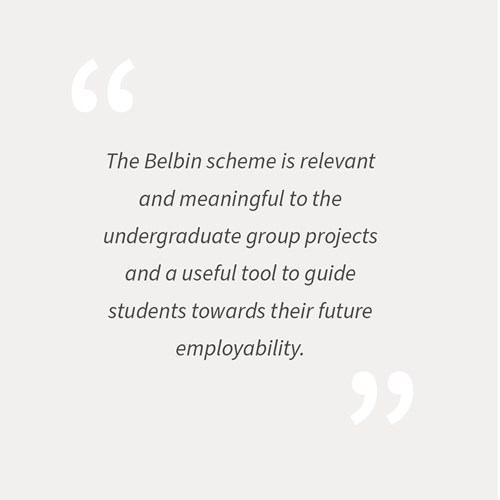Setting the scene: teamwork and collaboration in higher education
Teamwork and collaboration skills are among the most in-demand in the labour market†. Increasingly, organisations use agile or cross-functional teams to address complex business needs.
Teamwork offers better problem-solving, greater potential for innovation and more opportunities for personal growth. A study by EY revealed that almost 9 out of 10 companies agree “that the problems confronting them are now so complex that teams are essential to provide effective solutions”.
In this context, staff in higher education are recognising the value of teaching collaboration and teamwork in project-based learning, to boost self-understanding, increase employability and prepare students for the world of work.
However, there are a number of obstacles to doing so: syllabuses fit to burst, insufficient time and instructors lacking confidence or being reticent to teach these skills.
† The ability to communicate and work effectively in a team is one of the skills most in demand by engineering companies (Loughry et al., 2014; Oakley et al., 2004; Zhang et al., 2020). It is also one of the key outcomes required for the accreditation of engineering programs (ABET, 2020; EFCE, 2020).
